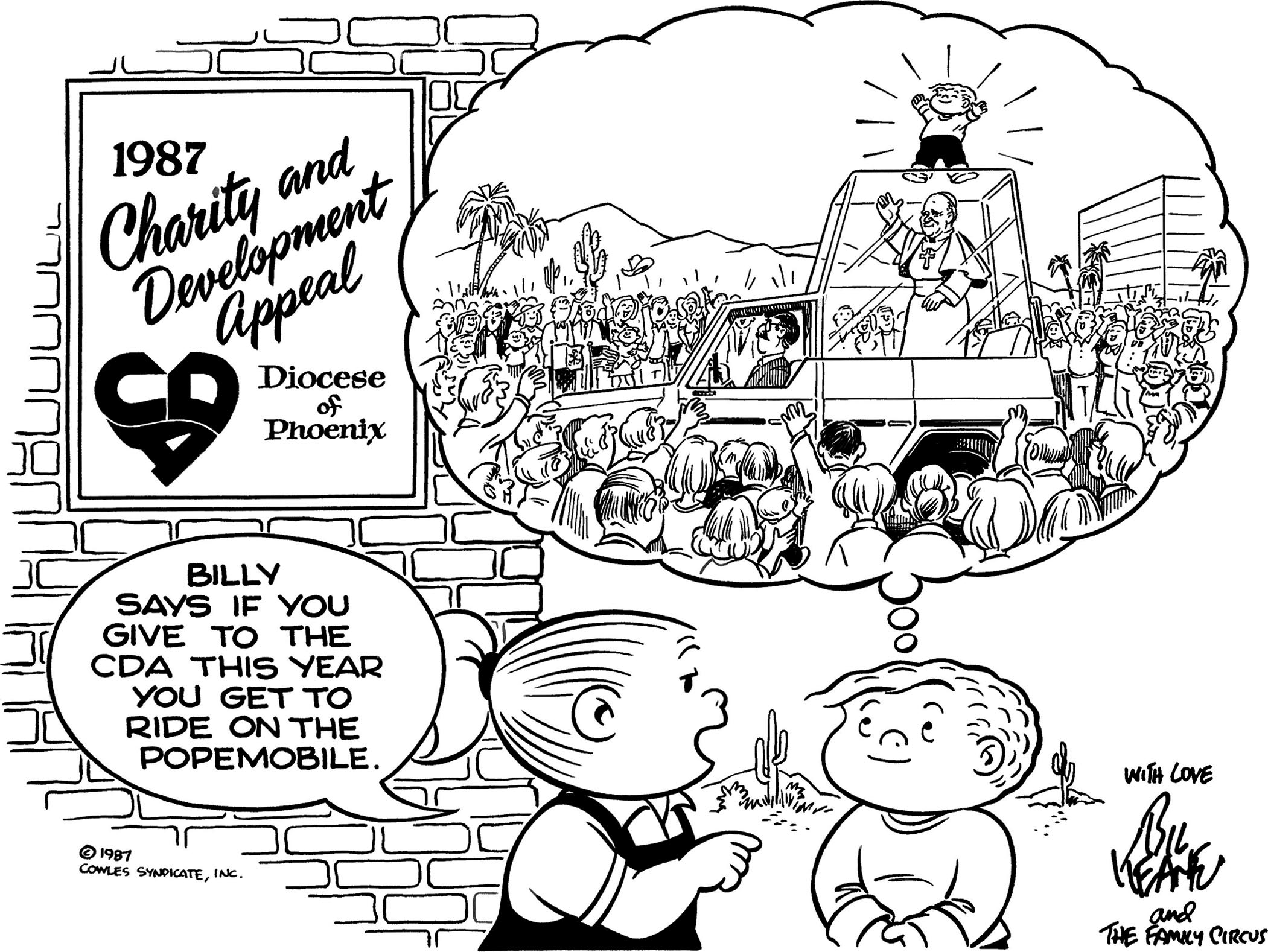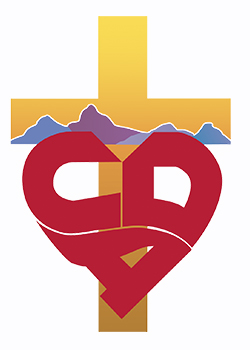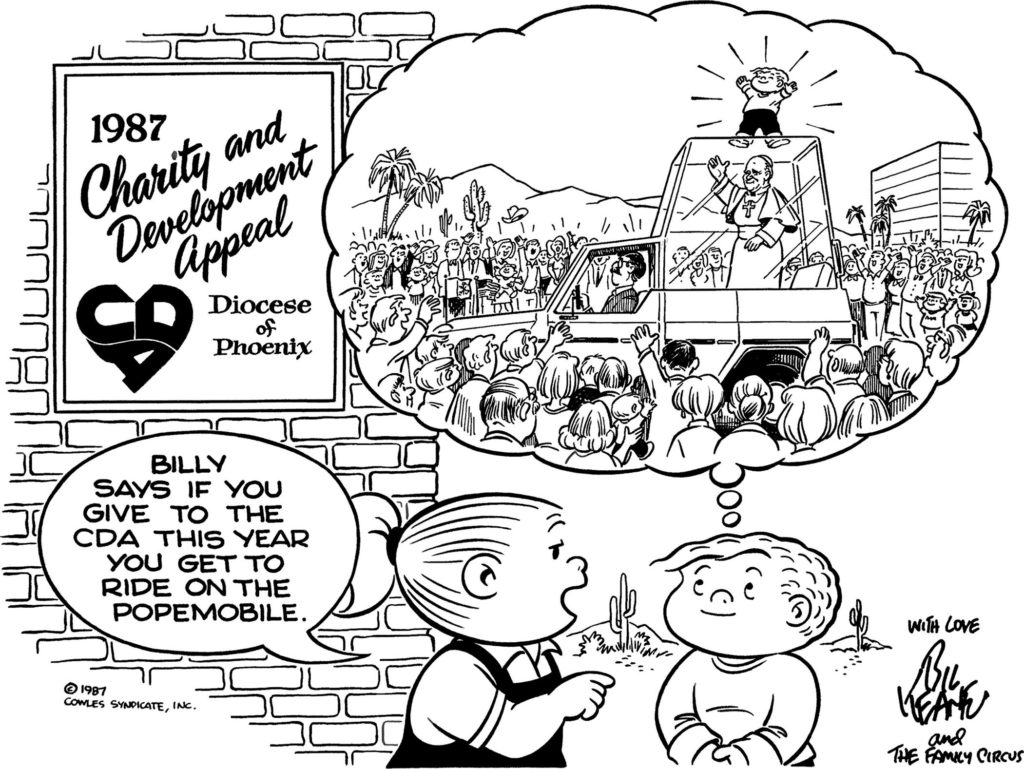
Incredibly, only 41 days after the Diocese of Phoenix was founded in 1969, the first Charity & Development Appeal campaign launched. As Bishop Edward A. McCarthy forged the new diocese, he wasted little time identifying how the CDA would “help the diocese to do many Christ-like things.”
Charity and Development Appeal (CDA)
The Charity and Development Appeal supports more than 70 educational, charitable and spiritual organizations which counsel, feed clothe, house, educate and comfort those in need throughout the four counties in the Diocese of Phoenix.
The first campaign received $845,231 from 23,388 donors out of 61 parishes. A letter to parishioners from Bishop McCarthy included an itemized list of programs and services, including quality religious education, assisting the Indian and inner-city missions and preparing for new parishes “in our growing areas.” Early supporters of the campaign included cartoonist Bil Keane of “The Family Circus,” whose characters helped promote the CDA for several decades.
Half a century later, the campaign continues to answer the call to be Christ to others through compassion, love and service in a state whose capital is the fifth most populous city in the United States.
The 2019 campaign, which is still in progress, received $8,919,000 from 24,927 donors in 116 parishes. Generously donated monies will go to organizations that strengthen families, feed the poor, assist the unemployed in finding work, help the elderly and assist those struggling in times of crisis throughout Arizona.
For the past 50 years Catholics have responded to the corporal and spiritual needs of others by donating to the annual diocesan appeal that supports 70 ministries, apostolates and organizations.
Through the many generous and varied donation amounts, Catholics support charitable organizations like the Foundation for Senior Living. Founded in 1974, FSL, which serves 10,000 people each year, is one of 16 charities giving people hope and offering life-changing services and support.
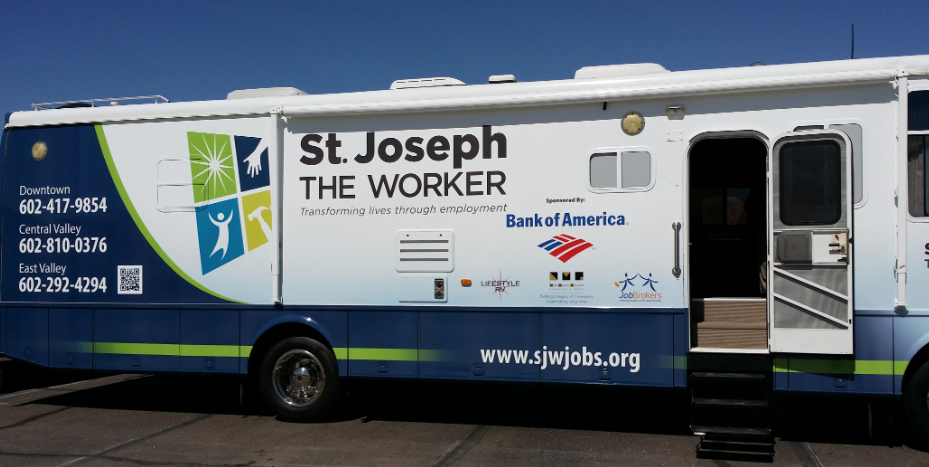
The organization serves seniors and at-risk adults lacking financial, physical or cognitive resources to care for themselves. Clients receive loving care and interaction in Adult Day Health facilities, or coordinated care to improve health, quality of life and aging in place at home. Caregivers and family also have access to respite services and educational resources.
In addition, donations support more than 22 parishes and missions, 14 Catholic elementary and high schools and ecumenical and interreligious efforts. They also provide training for deacons, priests, religious and seminarians, as well as services that train catechists, youth ministers and other staff and volunteers at parishes.
Catholic Social Teachings emphasize the outpouring of charitable actions through the works of mercy by coming to the aid of neighbors in spiritual and bodily need.
The Catechism of the Catholic Church states, “Instructing, advising, consoling, comforting are spiritual works of mercy, as are forgiving and bearing wrongs patiently. The corporal works of mercy consist especially in feeding the hungry, sheltering the homeless, clothing the naked, visiting the sick and imprisoned and burying the dead. Among all these, giving alms to the poor is one of the chief witnesses to fraternal charity: it is also a work of justice pleasing to God …” (2447).
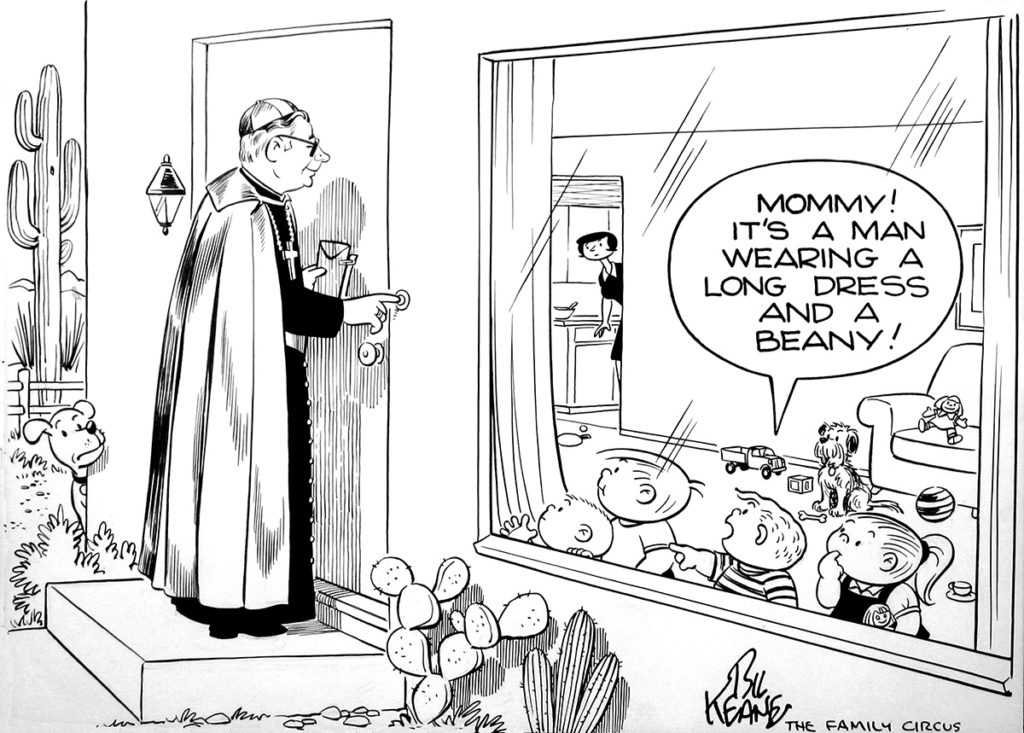
Catholic Charities Community Services also receives funding through CDA to help vulnerable people develop permanent solutions to improve their lives.
They serve seven Arizona counties with staff in eight offices, delivering more than 20 programs helping veterans, homeless, children in foster care, victims of domestic violence and more.
“People give to the Charity & Development Appeal because they believe in the mission of the Church, and they know the ministries and charities we support align with Catholic values,” said Lisa Wentz, director of the Charity & Development Appeal in the diocesan Office of Mission Advancement.
“They want to help others encounter Christ and improve their lives. We have thousands of donors who have given to the CDA for many years … this demonstrates a high level of trust. We are incredibly blessed to be part of something bigger, to be the hands and feet of Christ to others.”
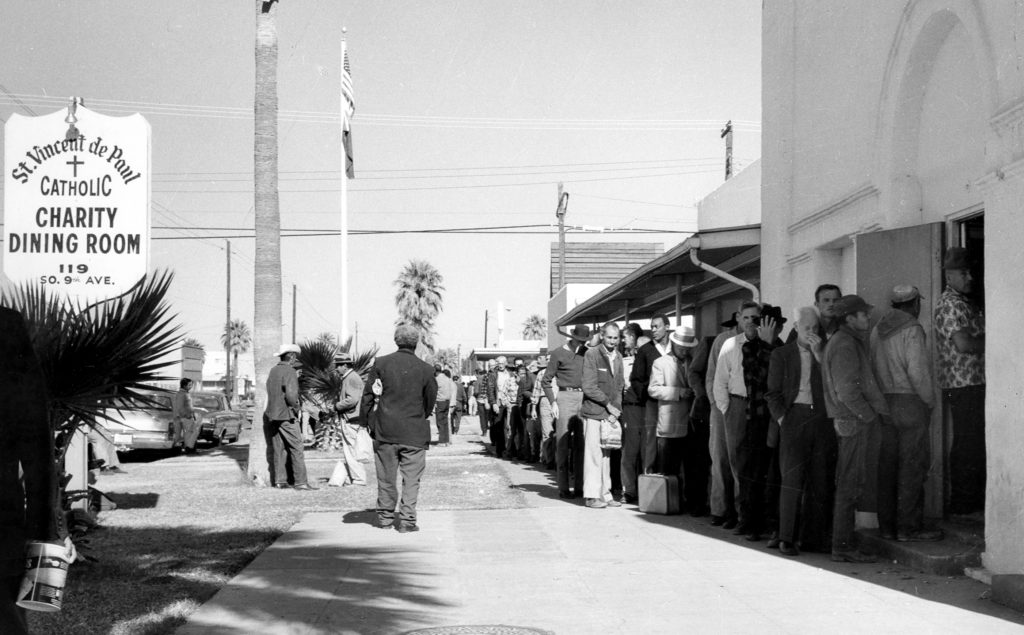
Snapshot of charitable organizations in the Diocese of Phoenix
Catholic Charities Community Services
Established: 1933
Responds to the needs of Central and Northern Arizona by providing life-changing services that protect and nurture children, help strengthen families and assist individuals in crisis.
Society of St. Vincent de Paul
Established: 1946
Dedicated to feeding, clothing, housing and healing individuals and families in the community who have nowhere else to turn for help.
Foundation for Senior Living
Established: 1974
Provides an integrated system of care that allows adults to age in place through a continuum of home and community-based health services.
André House
Established: 1984
Provides a wide range of services focusing on the immediate, basic needs of those who come through their doors each day. Services include dinner, hospitality, transitional housing and prayer.
Paz de Cristo
Established: 1988
Helps people struggling with hunger, poverty and homelessness in the Phoenix East Valley.
St. Joseph the Worker
Established: 1988
Assists homeless, low-income and other disadvantaged individuals in their efforts to become self-sufficient through quality employment.
Maggie’s Place
Established: 2000
Provides life-changing programs and services for pregnant and parenting women and their children by offering a warm and welcoming community, a safe place to live and learn and on-going services to help them become self-sufficient.



